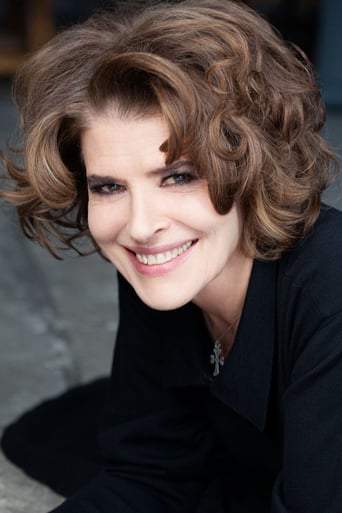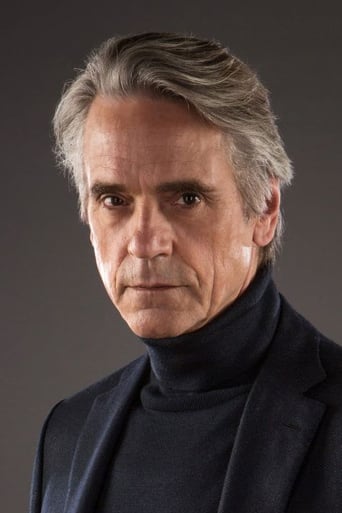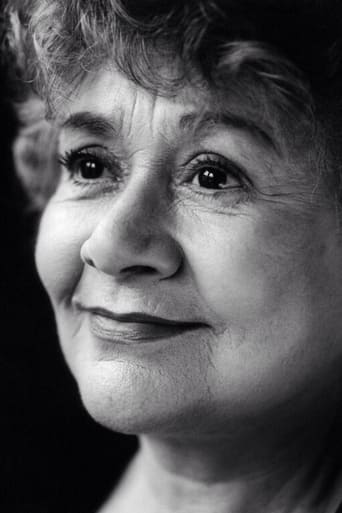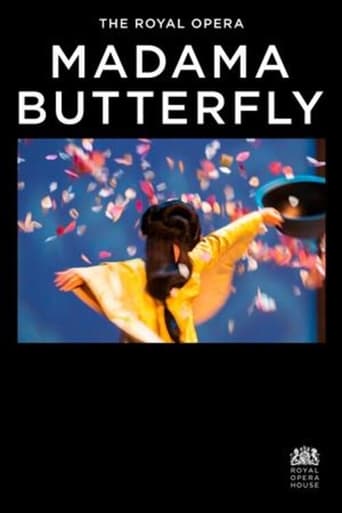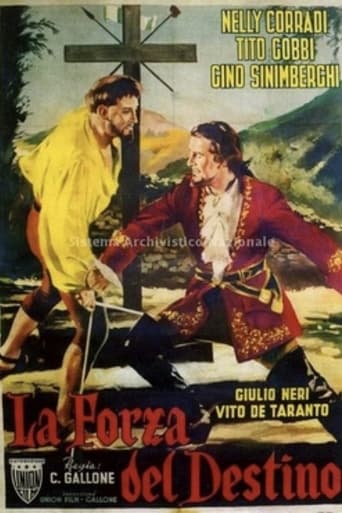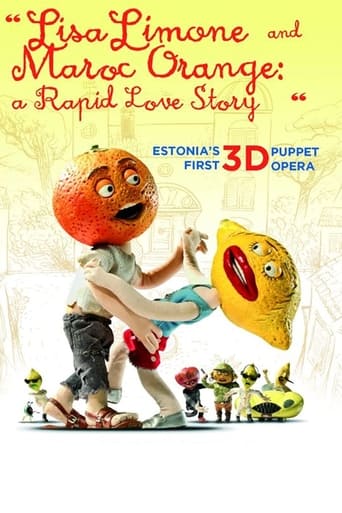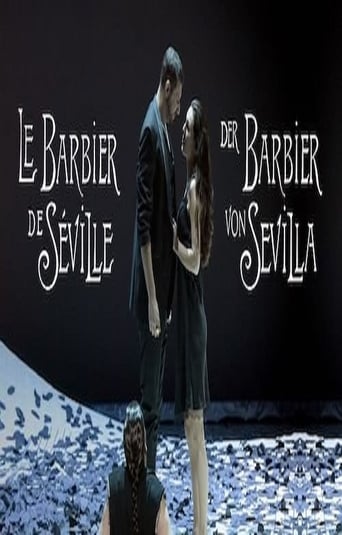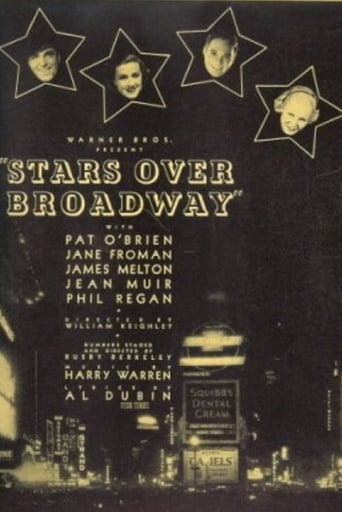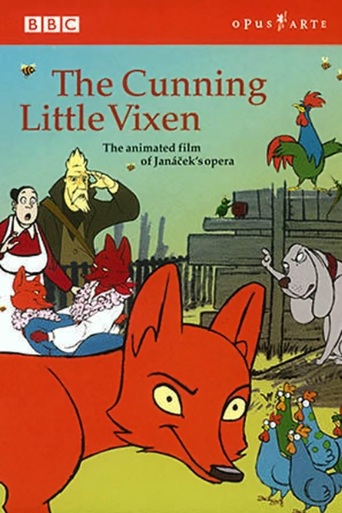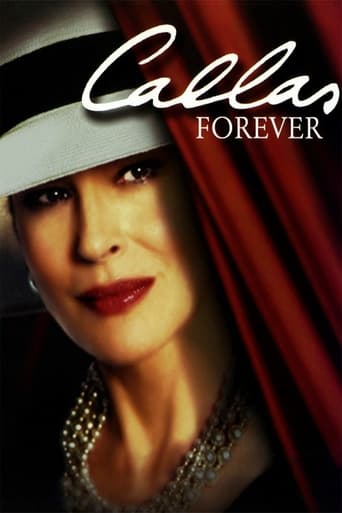
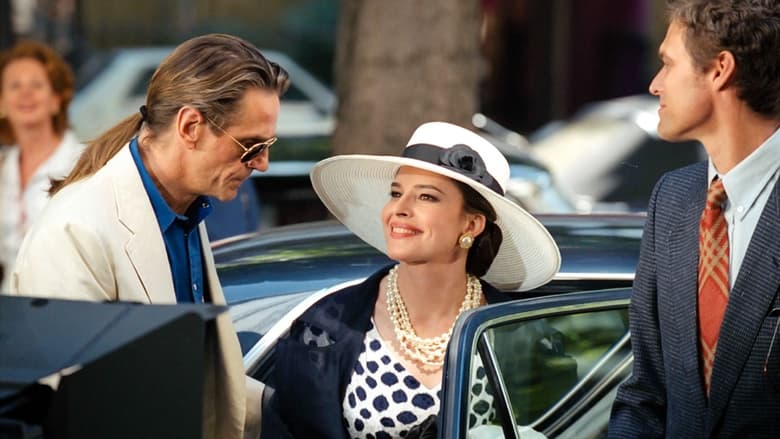
Callas Forever (2002)
Aging opera singer Maria Callas tries to make a comeback by performing in a production of Bizet's "Carmen."
Watch Trailer
Cast


Similar titles
Reviews
Fanny Ardant plays the great diva Maria Callas in "Callas Forever," a 2002 film directed and co-written by her friend, Franco Zeffirelli. In the film, the "Zeffirelli" character, Larry Kelly (Jeremy Irons) has an idea for adding to Callas' body of work. He wants to film her in the various opera roles she played, only instead of using her present voice, which seems ruined, he will dub her with her old recordings. The first opera is to be "Carmen." Now to convince Callas, who has isolated herself in her apartment since a disastrous concert tour and the death of Aristotle Onassis and will see no one. But Larry persists and finally gets her to agree.This is not a biography or a character study but more a fantasy - the first fantasy being that Callas would have admitted anyone into her apartment in the first place. "Callas Forever" is more a "what might have been" if, at the end of her life, Callas had been able to come out of herself and explore her great artistry once again. The movie is beautifully produced and filled with Callas' most glorious singing, as well as a re-enactment of the scene where Tosca kills Scarpia in "Tosca." Fanny Ardant does a fantastic job as Callas. Her features are softer, but she has the mannerisms, the personality and the clothes that would make anyone who just saw a photo of her realize she was playing Callas. Ardant plays her as the sad, still temperamental diva who, completely alone, is asking herself what her life was all about, and were any of her goals worth it. She is a woman who felt, in fact, older than her years as she grieved for the man he loved and his betrayal of her.Though the story Zeffirelli tells is not a true one, some of the emotions are certainly correct. Callas was completely devastated when Onassis left her - and he left her with nothing, not even friendship. Having the emotional maturity of a 12-year old due to her mother favoring her sister, growing up fat, etc., she allowed Aristotle to call all the shots and use her, breaking her both emotionally and spiritually. When he realized he had made a mistake by marrying Jackie, he came back to Maria - and she took him back. (They used to call Jackie "the widow.") She once poured out her heart to writer John Ardoin on tape, and it is probably the most pathetic transcript ever. To compensate, she tried to sing again, but she'd lost both her nerve and her voice. It's doubtful that her voice was gone. Callas had always had vocal problems, and as singers age, they lose some of their top notes. If she had been able to trust someone to realign her voice, she could have done well in a different repertoire such as Carmen and Eboli, even if she had just recorded them.Maria Callas was a beautiful, gifted woman who thought that a career would give her the love she never received as a child - and it didn't. If you've ever seen the photo of her taking her bow as Norma and looking over at Aristotle in the box, she's absolutely radiant, she's on top of the world. She's in love and enjoying her life for the first time. It breaks your heart because that time in her life, like "Callas Forever," was only a fantasy.
What a strange film. I recommend it not because it is a successful project, it isn't. But once having seen it, and putting it aside for reflection, you will appreciate the experience.Here is the real world: Maria Callas was an extraordinary voice and unusually committed to the acting component of opera. In life, she was famous for being imperious and vain. She was unattractive, relatively illiterate, achingly dumb and mercurial. She had a long affair with a similarly oafish but wealthy shipper with whom she shared class and cultural values. When he criticized her sexual grace, she lost weight which brought about the end of her career. She lived the end of her life sullen and rejected.While in her prime, she was directed by Franco Zeffirelli who gathered much acclaim for those and other operatic productions. At the end of her singing career, she appeared in a non-singing role in a film of another Italian filmmaker, someone who shared Zeffirelli's cinematic notions. He courted her for his own projects and consumed some of her (not his) money.Now some 25 years later he makes this film about a fictional situation in which he makes a film, itself a fiction because it matches her young voice to her older body.The movie itself is pretty tame, a highly stylized portrait of a lovely woman with grace and integrity. Completely unreal in tone. It looks very like a stage production. Within this film is the inner film of an opera that is well done. Opera is a strange art whose existence is justified by multiple arts overcoming the constraints of one another in the combination. No film or recording can be opera, so we have that problem, one where touch is required. The opera we see isn't opera, but cinema.So you'll find the movie itself tepid.But the idea of the thing is dizzying. It is a film about a film. It is a constructed fictional life about a woman who lived a constructed life that incidentally evolved from her profession, which was constructing characters on stage. It explores (in no deep way) matters of truth in art, while itself being an exercise in bending a truth which was fabricated anyway. It focuses on imposing the old onto the new in terms of Callas' voice. At the end, the Callas character nobly decides that such a thing should never be done and the fictional film be killed, but then this film is precisely what she argues about and by that time you have already watched it.Ted's Evaluation -- 3 of 3: Worth watching.
This is an odd movie, fairly opulent looking, yet barely released. A gay rock music promoter named Larry Kelly (I wonder if the REAL Larry Kelly, who started the Dallas Opera and worked with Callas, is still alive) is also a friend of recluse Maria Callas. He talks Callas into starring in a movie of Carmen, using her 13 year old recording as a soundtrack. She is difficult, but superb. The Carmen movie is a big success, but Maria feels uncomfortable with the concept and asks Larry to withdraw the film.Fanny Ardant is pretty good, but too variable. She swings from crotchety to alluring in a matter of seconds. You don't see much behind that beautiful mask. Anne Bancroft or Audrey Hepburn might have been better if the project had been done earlier and written better... Jeremy Irons is wince inducing: it is always unpleasant to watch an actor trying to make something out of nothing - the character of Larry is simply one-dimensional. Joan Plowright brings commonsense - a rare commodity in this film - to her few scenes.A few moments linger: Ardant, as Callas-Carmen, smoking a thin cigar before throwing her flower at José. Callas starting to seduce a hunky tenor, but thinking better of it after a little kiss.It is all very bizarre: outrageous Chanel product placement, saccharine gay subplot ( awww, the young boyfriend got a hearing aid so that he could hear Callas LPs), hideous punk rock music under the credits... and as others have remarked, the characters live in 1977, but the look is 2000.Basically yet another example of Zeffirellian effects without causes.
An excellent exhilarating masterpiece - well conceived, excellently executed and wonderfully acted. A fantasy about the last years of Maria Callas in Paris - who feels she is just a shadow of her glory days - what if she had made movies, using her voice from the golden days? A challenging concept which Zeffirelli brings to vibrant life. He weaves a great tale of Callas making a movie on Carmen, encouraged by her friends. He clearly knows what he is doing, what he wants from the actors as well as the technicians - the details are great, the overall picture is also beautiful.What strike the viewer most are the performances - in a movie such as this - they can make or break it. The camera knows this and focuses closely on the two main characters - Callas herself (portrayed by Fanny Ardant) and Larry Kelly, her friend and 'agent' (Jeremy Irons). Ardant is mesmerizing as the talented, willful singer - her face manages to express a multitude of emotions - she lives the enigma that was Callas. Irons balances the scales with a powerful performance as the equally stubborn but loving Kelly, who ends up losing everything - money, love, career - in helping Callas.Joan Plowright is strong and dependable as always as Sarah - a journalist friend. Jay Rodan as Michael - an artist and Larry's boyfriend and Gabriel Garko as Carmen's love in the movie and an actor who ends up 'loving' Callas also turn in good performances.All in all - a must see gem sadly neglected by audiences and critics.


